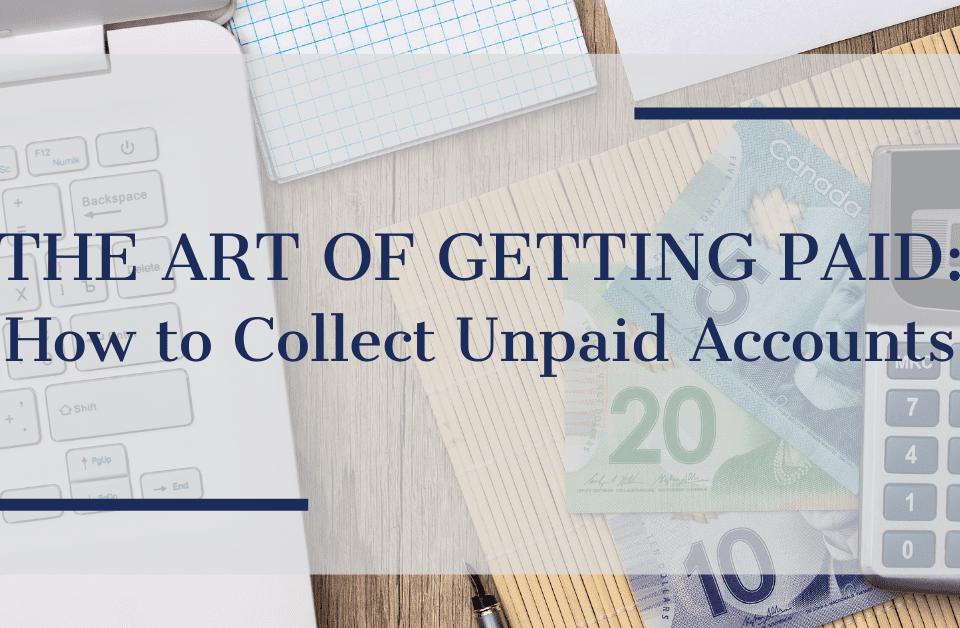
Found Defects In Your New Resale Home? Know Your Rights
July 27, 2022
What Construction Lawyers Do And When You Need One
July 27, 2022
Small Claims Court is a less formal court in Ontario which allows you to sue a person or business for money owed to you in the amount $35,000 or less.
Here are some questions to consider before making a Claim.
What kind of cases go to Small Claims Court?
You can sue for Claims for money owed under an agreement, such as:
- Goods or services sold and delivered that weren’t paid for
- Unpaid loans
- Unpaid rent
- NSF (non-sufficient funds) cheques
You can sue for Claims for damages, such as:
- Property damage
- Clothes damaged by a dry cleaner
- Personal injuries
- Breach of contract
How much time do I have to bring a lawsuit?
In most cases, a Claim must be filed within 2 years after the incident. Deadlines are imposed by Ontario’s Limitations Act, 2002.
How much can I sue for?
You can sue for $35,000 or less excluding interest and costs such as Court fees.
Which Small Claims Court should I file my Claim with?
The courthouse where you file your Claim must be either:
- In the Town or City where the event or problem that led to your Claim happened
- In the Town or City where the person or business you are suing (or one of the Defendants) lives or runs their business
- The Court nearest to where the person or business you are suing (or one of the Defendants) lives or runs their business
How much does it cost?
- $102 for filing a Claim
- $89 for filing a request for Default Judgment
- $290 for setting a date for Trial or an Assessment Hearing
- $120 for filing a Notice of Motion for an Assessment in Writing
How long does a lawsuit take?
It usually takes 1 to 2 years from the time you file your Claim to the day of the Trial; however you may anticipate delays due to COVID-19.
Can I stop the process whenever I want?
If you no longer want to proceed with your Claim and the Defendant does not file a Defence, you may serve a Notice of Discontinued Claim on the Defendant and file that notice with proof of service with the Court. Once the Defendant has filed a Defence, you can stop the process only with the consent of the Defendant. In such situations, the Defendant may ask for costs.
Do I need a lawyer to sue someone or to defend myself against a lawsuit?
You don’t need a lawyer in Small Claims Court.
Where do you get a Plaintiff’s Claim?
The Ministry of the Attorney General’s Small Claims Court E-Filing Service portal allows you to e-file a Plaintiff’s Claim (Form 7A). For filing a Claim online, please visit: https://www.ontario.ca/page/file-small-claims-court-documents-online
What happens after I file my Claim?
After filing your Claim, you must provide the person or business you are suing a copy of the issued Plaintiff’s Claim and supporting documents. The person or business you are suing has 20 days after being served with your Claim to file a Defence.
What happens after the Defence is filed?
Once the Defence is filed, the Court will schedule a Settlement Conference and notify you regarding the same.
What is the purpose of a Settlement Conference?
The purpose of a Settlement Conference is to:
- Resolve some or all the issues in the action
- Encourage settlement of the action
- Help you get ready for trial
- Provide full disclosure among the parties of all relevant facts and evidence
Who attends the Settlement Conference?
The parties who have full knowledge of the facts and the authority to enter into a settlement along with their legal representative (if any) should attend the Settlement Conference.
What if the matter does not settle at the Settlement Conference?
If the matter is not resolved at the Settlement Conference, it proceeds to Trial.
What percentage of cases go to Trial?
Approximately 10% of cases go to Trial.
Can I recover all my legal fees?
No. Generally, a successful party may recover expenses associated with legal representation for up to 15% of the amount being claimed in the lawsuit. Parties may be able to recover amounts more than 15% in cases where a successful party made an offer to settle, but was not accepted by the opposing side, and the party obtains a judgment that is as favourable, or better than the offer.
What If I Don’t Like The Judge’s Decision At Trial?
If you feel the judge made a mistake, you may consider appealing the judge’s decision. You have the right to appeal within 30 days from the date of the decision.
This article is provided for information purposes only and does not constitute legal advice. For any questions or concerns, please contact Corestone Law at info@corestone.ca.



